Dr. Chenming Hu, a renowned Taiwanese-American electrical engineer and professor emeritus at UC Berkeley, joined TSMC in 2001 as its inaugural CTO. This marked a pivotal moment for the company, which had been founded in 1987 by Morris Chang without a dedicated CTO role in its early years. Prior to his appointment, Hu had served as a long-time consultant to TSMC, leveraging his expertise in semiconductor physics and device modeling to guide its technological roadmap.
As CTO from 2001 to 2004, Hu was instrumental in advancing TSMC’s process technologies, particularly in areas like high-k metal gate structures and reliability modeling for VLSI systems. His leadership helped solidify TSMC’s position as a leader in foundry services during the rapid scaling of CMOS nodes in the early 2000s. Notably, Hu’s prior invention of the FinFET transistor (detailed in a 1999 paper) laid groundwork for future innovations, though its widespread adoption came later. In recognition of his contributions, TSMC established the TSMC Distinguished Chair Professorship at UC Berkeley in 2000, which Hu held.
Name: Chenming Hu (Chinese: 胡正明, pinyin: Hú Zhèngmíng)
Also known as: Calvin Hu
Born: July 12, 1947, Beijing, Republic of China
Nationality / identity: Chinese-born, Taiwanese-American / Chinese diaspora background
Fields: Microelectronics, Semiconductor Devices, Device Modeling, Reliability, 3D Transistor Architecture
Institutions, Affiliations, Titles:
-
Massachusetts Institute of Technology (Assistant Professor, early career)
-
University of California, Berkeley — Professor, later TSMC Distinguished Professor Emeritus in EECS
-
Chief Technology Officer, Taiwan Semiconductor Manufacturing Company (TSMC), 2001–2004
-
Board memberships: SanDisk, Inphi, Ambarella, ACM Research
Early Life & Education
-
Born in Beijing in 1947, his family relocated to Taiwan when he was an infant, during the period of the Chinese Civil War and the retreat of the Nationalist government.
-
He earned a B.S. in Electrical Engineering from National Taiwan University in 1968.
-
He then moved to the U.S. for graduate study at UC Berkeley, obtaining an M.S. in 1970 and Ph.D. in 1973 under advisor John Roy Whinnery. His dissertation was “Nematic Liquid Crystal Optical Waveguides”.
Academic & Professional Career
Early and Academic Career
-
After his Ph.D., Hu served as an assistant professor at MIT from 1973 to 1976.
-
In 1976, he joined UC Berkeley’s Department of Electrical Engineering & Computer Sciences and remained there for decades, rising to senior positions and eventually emeritus status.
-
At Berkeley, he also held the TSMC Distinguished Chair and “Chancellor’s Chair” roles during his active years.
-
Industry & Leadership Roles
-
From 2001 to 2004, Hu was Chief Technology Officer (CTO) of TSMC, during which he contributed to advancing the foundry’s technology roadmap.
-
He has served on boards of several technology companies (e.g. SanDisk, Inphi, Ambarella).
-
Beyond technical work, Hu has engaged in community/educational service, e.g. serving as chairman of East Bay Chinese School (1988–1990) and chairman of “Friends of Children with Special Needs” (2015–2017).
Research Contributions & Impact
Chenming Hu is widely recognized in the semiconductor and microelectronics communities. His contributions span device physics, modeling, reliability, and architecture. Some of his signature contributions:
BSIM (Berkeley Short‑channel IGFET Model) Family
-
Hu led the development of the BSIM family of compact transistor models, which became the de facto standard in industry for MOSFET / CMOS circuit design and simulation.
-
These models have been used (often royalty‑free) in the design and verification of integrated circuits worth hundreds of billions of dollars.
FinFET / 3D Transistors
-
Perhaps his most celebrated technical achievement is leading the conceptualization and development of FinFETs (3D, thin-body, multi-gate transistor architecture) in the late 1990s.
-
This architecture addresses leakage and scaling challenges inherent in planar MOSFETs at very small geometries.
-
Intel and other major foundries adopted FinFETs in production (starting ~2011), making it central to modern microprocessors, AI chips, and mobile SoCs.
-
He is sometimes referred to informally as the “Father of the 3D Transistor.”
Reliability, Device Physics, and Scaling
-
Hu also made enduring contributions in modeling reliability phenomena (e.g. hot-carrier effects, oxide breakdown, flicker noise) in MOS transistors.
-
His work bridged between device physics theory and practical models that IC designers can use to predict performance and lifetime under stress.
-
Combined, his contributions have played a critical role in extending Moore’s Law — enabling continued scaling of transistors when others feared its imminent demise.
Publications, Patents & Teaching
-
Hu has published over 1,000 research papers and holds many U.S. and international patents (e.g. >100 patents) over his career.
-
He has authored or coauthored several books, including titles on device modeling, MOSFET/BSIM modeling, and semiconductor device fundamentals.
-
Hu has also been known as a dedicated educator; at UC Berkeley he won the Distinguished Teaching Award.
Awards, Honors & Recognition
Chenming Hu’s achievements have been widely recognized. Some highlights:
-
IEEE Medal of Honor (2020) — IEEE’s highest honor, for “a distinguished career of developing and putting into practice semiconductor models, particularly 3‑D device structures, that have helped keep Moore’s Law going over many decades.”
-
National Medal of Technology and Innovation (2016) — awarded for “pioneering innovations in microelectronics including reliability technologies, the first industry‑standard model for circuit design, and the first 3‑dimensional transistors.”Taiwan Presidential Science Prize (2023) — for advancing Taiwan’s semiconductor industry; presented by the President of Taiwan.
-
IEEE Jun‑ichi Nishizawa Medal (2009) — for contributions in scaling, reliability, and compact modeling.
-
Phil Kaufman Award (for EDA / semiconductor design)
-
Silicon Valley Engineering Hall of Fame induction (2017)
-
Many other national & international honors, fellowships, academy memberships (U.S. National Academy of Engineering, Academia Sinica, Chinese Academy of Sciences, etc.).
-
Teaching/University honors (Berkeley Distinguished Teaching Award, Berkeley Citation)
Personal Life & Service
-
Chenming Hu is married (wife: Margaret) and has two sons, Raymond and Jason.
-
One of his sons was born with Down syndrome; Hu and his wife have been active in supporting children and families with special needs.
-
Hu has supported community and educational service, especially in the Chinese-American / Asian health & service sector. His name is attached to the Chenming & Margaret Hu Medical Center in California, and the Chenming Hu Innovation Lab at UC Berkeley.
🗣️ Notable Quotes by Chenming Hu
On Technology and Innovation:
“Technology is not about making things smaller, it’s about making life better.”
– Often quoted when reflecting on the purpose behind transistor scaling and the societal impact of innovation.
“Moore’s Law does not drive technology; human ingenuity does.”
– From a 2012 keynote, addressing the belief that human problem-solving, not physical limits, is the engine of progress.
“We went to the third dimension not just to survive, but to thrive.”
– Referring to the invention of the FinFET and the shift from 2D to 3D transistor structures.
“You can slow Moore’s Law, but you cannot stop people from solving problems.”
– Commentary on the perceived “death” of Moore’s Law and how innovation finds new paths forward.
On Engineering Education:
“An engineer’s job is not to know the answer, but to find it.”
– A favorite quote among his students at UC Berkeley.
“Every transistor is a lesson in humility — nature always reminds you who’s in charge.”
– On the challenges of modeling semiconductor behavior accurately across decades.
On BSIM and FinFET:
“Models are not just mathematical — they are bridges between physics and people.”
– On why compact modeling (e.g., BSIM) matters: to make physics usable in real-world design.
“The FinFET wasn’t built in a day. It took persistence, skepticism, and belief.”
– Reflecting on the long development cycle and industry hesitation before FinFETs gained traction.
On Industry Collaboration:
“The best technology happens when academia and industry dream together.”
– His guiding belief behind the UC Berkeley–TSMC collaboration.
On Life, Family, and Perspective:
“Raising a child with Down syndrome taught me more about design — of systems, of patience, of love — than any lab.”
– From a talk on combining personal values with professional life.
“A good transistor can change the world. A good heart can do it faster.”
– Spoken during a community recognition event, 2017.

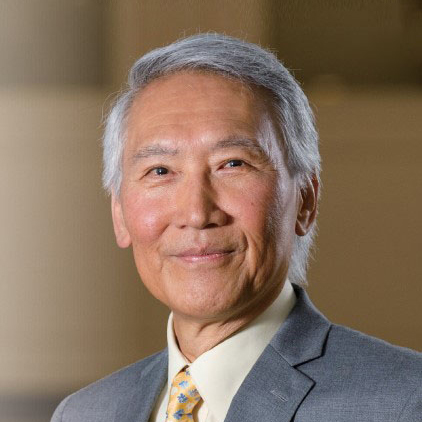
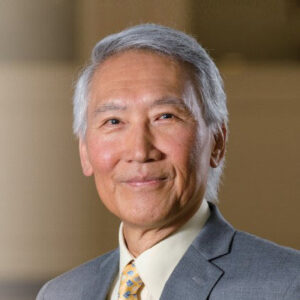






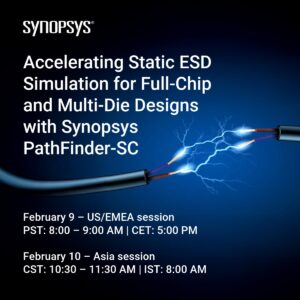


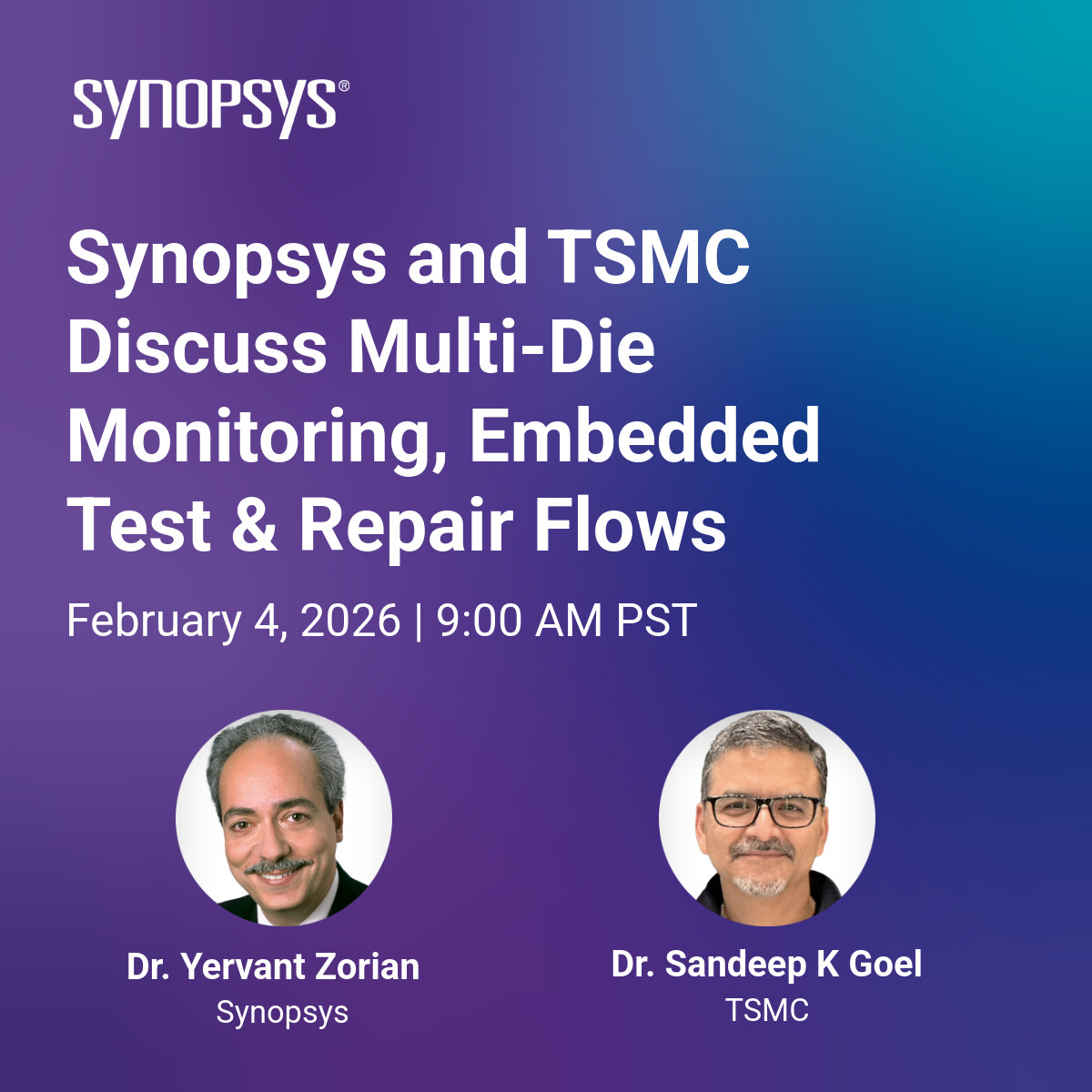
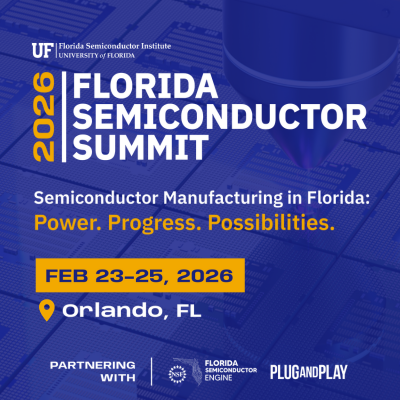

The Foundry Model Is Morphing — Again